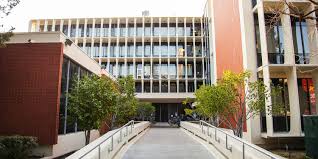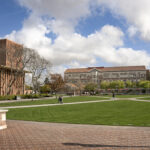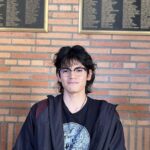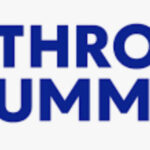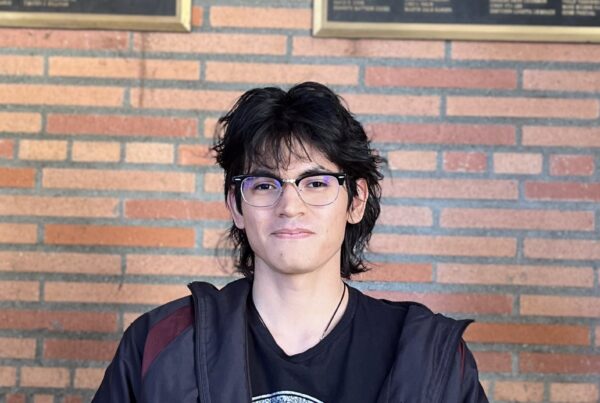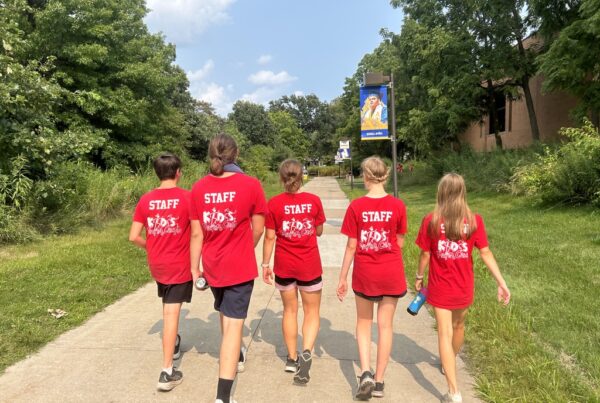My process of choosing Electrical and Computer Engineering was a scientific discovery in and of itself. I knew I liked math and physics from my elementary and middle school years, but I did not know what to do with that interest. In my sophomore year of high school, I developed an affinity for the depths of quantum physics; I spiraled through books like the Infinity Puzzle, TedTalks, and undergraduate textbooks – most of which I could not fully understand. After an independent research program, an Explore Engineering course, and a year of in-person lab research on materials/electrical engineering, I decided to give it a try.
CLASSES:
As someone who did not have much exposure to electrical engineering through robotics or classes in particular, I greatly enjoy the hands-on and project-based learning that goes on in classes – especially EE 109! I find it very important to be able to apply the lecture-based theory I learn in class to practical applications – whether it be Matlab, C++, or arduino.
CLUBS:
Being a corporate ambassador for IEEE, the premier Electrical and Computer Engineering club on campus, I have had the unique opportunity not only to meet and network senior ECE majors but also to get in touch with alumni and recruiters at companies. Planning events like HackIoT, I was able to form a community of passionate and curious electrical engineers like myself.
APPLICABILITY:
I have learned that ECE is applicable to so many different fields during my time at USC. Firstly, the major beautifully integrates software and hardware in the sense that it prepares me to address fields from embedded systems to physics to circuit design. Moreover, it can be applied to biomedical research, computer algorithm development, chip design, and so much more. After all, in this day and age, versatility is key to growth as a company and individual.
RESEARCH:
My experience in ECE, and in Viterbi in general, has been informed by talks about research from the very beginning. Whether it be my first semester professors encouraging me to come talk to them about their research work or TAs inspiring me through their own research, I have found that my interest to conduct research has not gone in vain. Last semester, through the CURVE program – an initiative that exposes underclassmen to research by matching them with faculty – I have been involved in a neuronal segmentation project for disease detection. While I cannot directly pursue the intersection of biomedical and electrical engineering through my classes, opportunities like this in the Cyber Physical Systems group give me exposure to the different industry applications of ECE.
All in all, from current classes and clubs to future applicability in industry and research, ECE has been the perfect choice for me.

